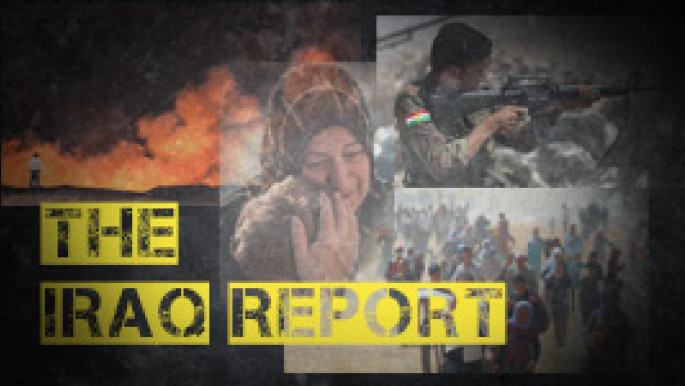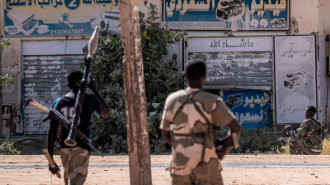Australia withdraws fighter jets from Iraq anti-IS squad
Operating within the US-led international coalition, the Australian air force flew more than 2,700 sorties and more than 21,000 flying hours.
Marise Payne, Australia's Defence Minister announced in December that the country's operations in Iraq would be wound back after the Iraqi government declared victory over the hardline Sunni group which overran north and western Iraq in 2014, declaring a caliphate straddling the Syria border.
Mark Binskin, an Air Chief Marshal in the RAAF, said Australian fighter jets had made a significant contribution to the fight against IS.
"Over more than three years, hundreds of Australian Defence Force (ADF) personnel have deployed to the Middle East as part of the Air Task Group (ATG) strike element," Binskin said in a statement.
"With each deployment, they have demonstrated the highest levels of skill, courage and professionalism.
 |
|
|
Read also: The Iraq Report is a weekly feature at The New Arab. Click here to receive The Iraq Report each week in your inbox |
"Our aircrew and their support crews have consistently delivered in extremely difficult and challenging conditions.
"The Air Strike Group and their families can be proud of their achievements and their important contribution to help the Iraqi Security Forces liberate their country from Daesh [IS]."
Iraqi or coalition forces are responsible for at least 3,200 civilian deaths from airstrikes, artillery fire or mortar rounds between October 2016, when the offensive against IS in Mosul began, and the city's liberation in July 2017, according to an AP investigation that cross-referenced independent databases from NGOs.
The coalition, which says it lacks the resources to send investigators into Mosul, acknowledges responsibility for only 326 of the deaths.
AP's investigation estimated nearly 10,000 civilians died in the battle for Mosul.







 Follow the Middle East's top stories in English at The New Arab on Google News
Follow the Middle East's top stories in English at The New Arab on Google News
![Palestinians mourn loved ones [Getty]](/sites/default/files/styles/image_330x185/public/2184715135.jpeg?h=a5f2f23a&itok=s_V0CL4X)

